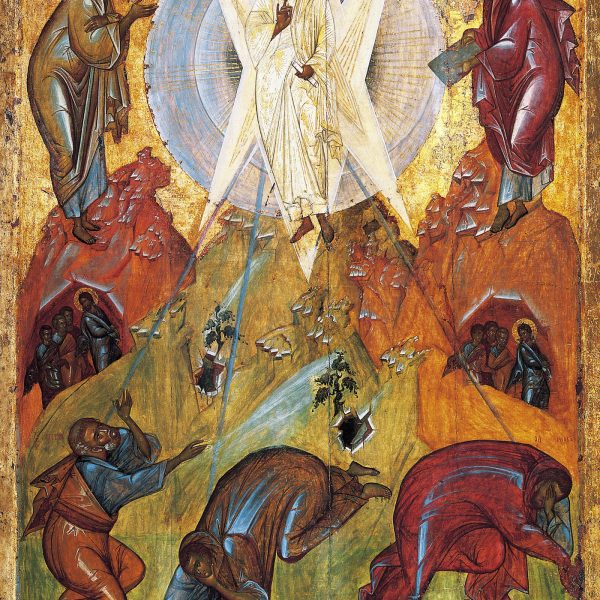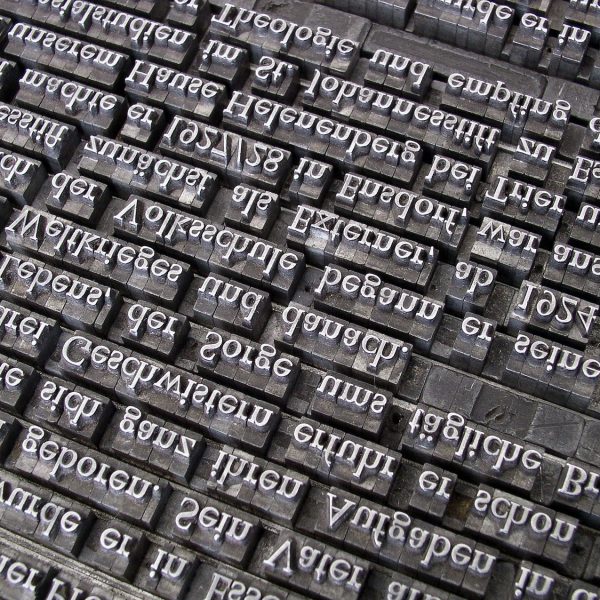
Our political theology is strengthened by trusting that the words of the Son of Man are a fleshly restatement of what is divinely just and good and holy and lovely. Because Christ has come and his presence is with us, God’s words are even more accessible to us.
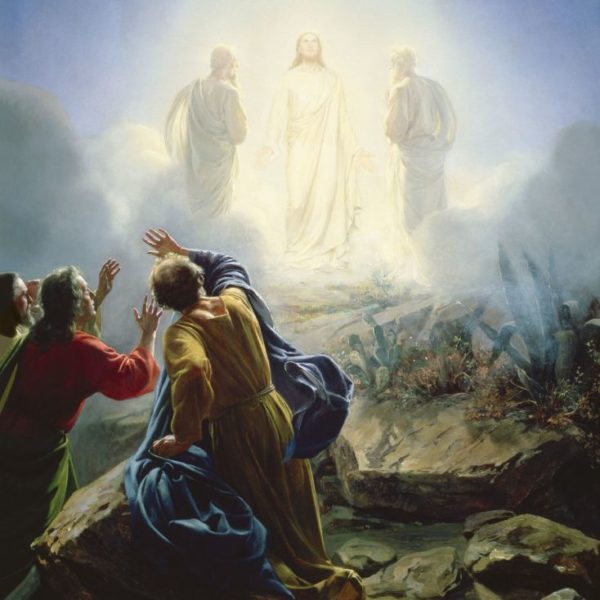
There is such a thing as a ‘near-life experience,’ a transforming encounter with the light of life. The Transfiguration describes a remarkable encounter of such a kind, an encounter that may find pale reflections in our own lives, much needed at the current time.
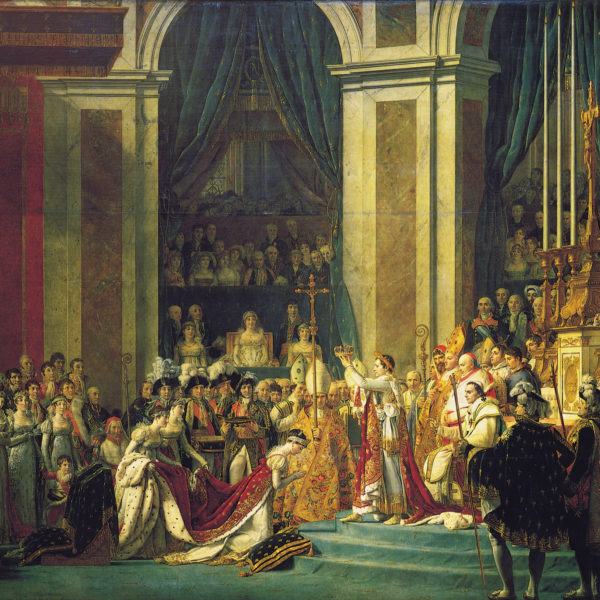
Spectacle has always played an important role in establishing power, authority, and sovereignty. In the unity of the dazzling body of the Transfiguration and the brutalized body of the crucifixion, the integrity of the spectacle and that which lies beneath is made known and our own polities’ lack of such integrity is challenged.
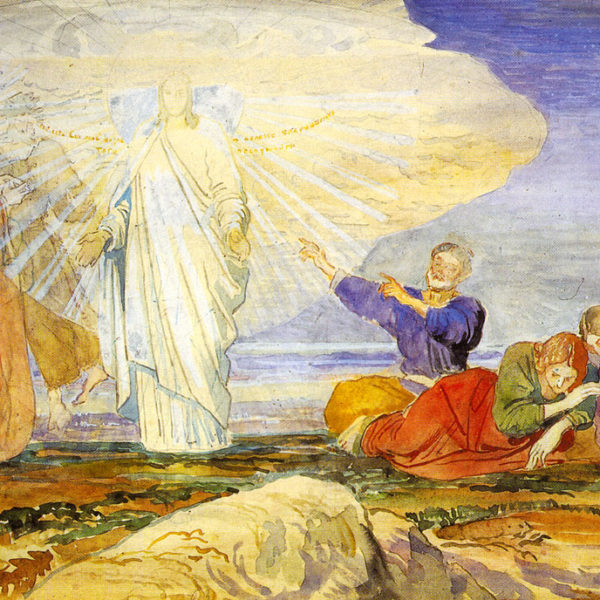
In the narrative of Mark’s gospel, Jesus’ journey to his cross in Jerusalem is interrupted by the incredible event of his Transfiguration. Peter’s rush to speech is characteristic of our frequent over-reliance upon words to process and respond to things that demand our silence and our wonder.

